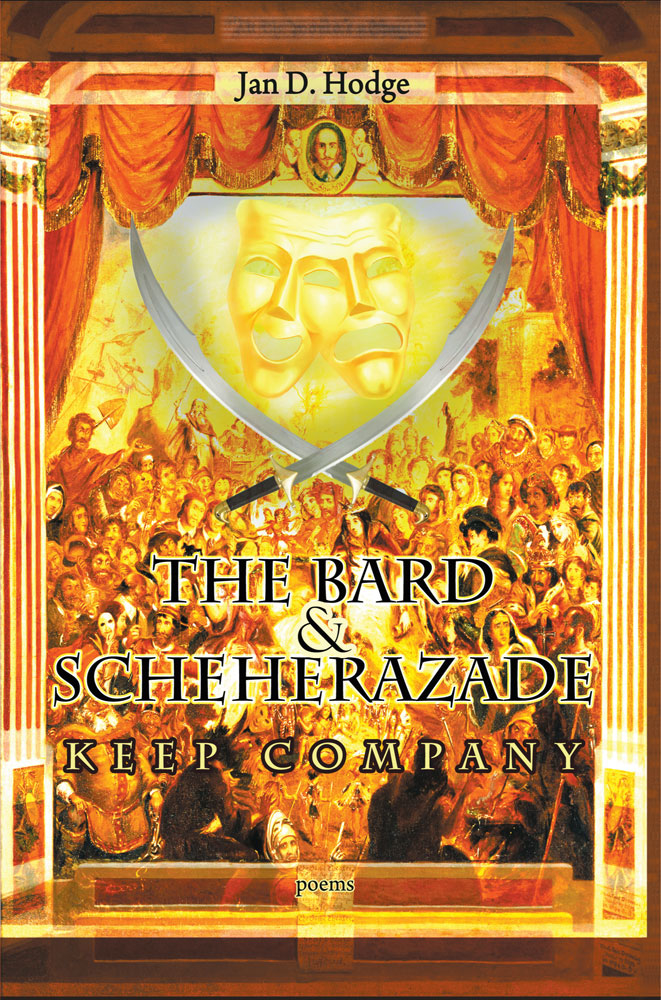Julius Caesar
Editor’s Note: This poem by Jan D. Hodge is being presented as part of our special focus on poetry during #PoetryMonth in April. Please read our introduction to the series.

Cassius and Casca eye
Caesar’s ascendancy
jealously. Hoping to
cut it off short,
yet keep their treachery
uncontroversial,
they persuade Brutus to
lend his support.
Caesar, advised that the
omens are sinister,
scoffs at Calpurnia’s
plea to stay home.
He can’t be bothered with
negligibilities
meant to embarrass a pillar of Rome.
Reaching the Capitol,
Caesar is stabbed by the
several conspirators,
acting, they claim,
solely to foster a
nondictatorial
Roman Republic. So
where is the blame?
Brutus lets Antony
speak at the funeral of
Caesar, and working the
crowd with finesse,
he tells them Brutus sees
megalomania
rather than virtue in
Caesar’s success.
How ineffective the
voices of reason and
honor when one can so
easily play
on the mob’s recreant
malleability!
Riot let loose drives the
traitors away.
Brutus and Cassius fall
out over ethics, but
friendship is stronger for
good or for ill.
Brutus then learns by his
extracorporeal
presence that Caesar is
powerful still.
Antony’s forces and
those of Octavius,
gathered at Philippi,
can’t be ignored;
sensing a fatal in-
exorability,
Cassius, then Brutus, each
falls on his sword.
Antony knows that of
all the conspirators
Brutus alone bore no
personal shame;
he alone acted not
unpatriotically,
nor out of envy of
Caesar’s acclaim.
From The Bard and Scheherazade Keep Company © Jan D. Hodge, 2017. Used by permission of Able Muse Press.
Foreword Reviews
